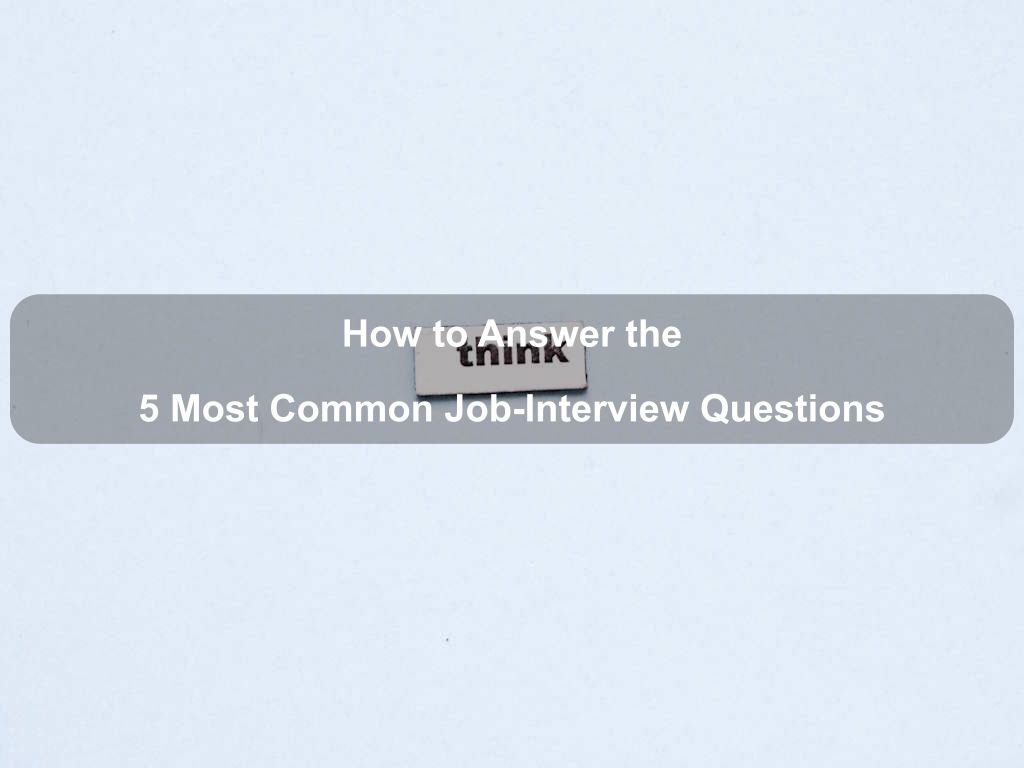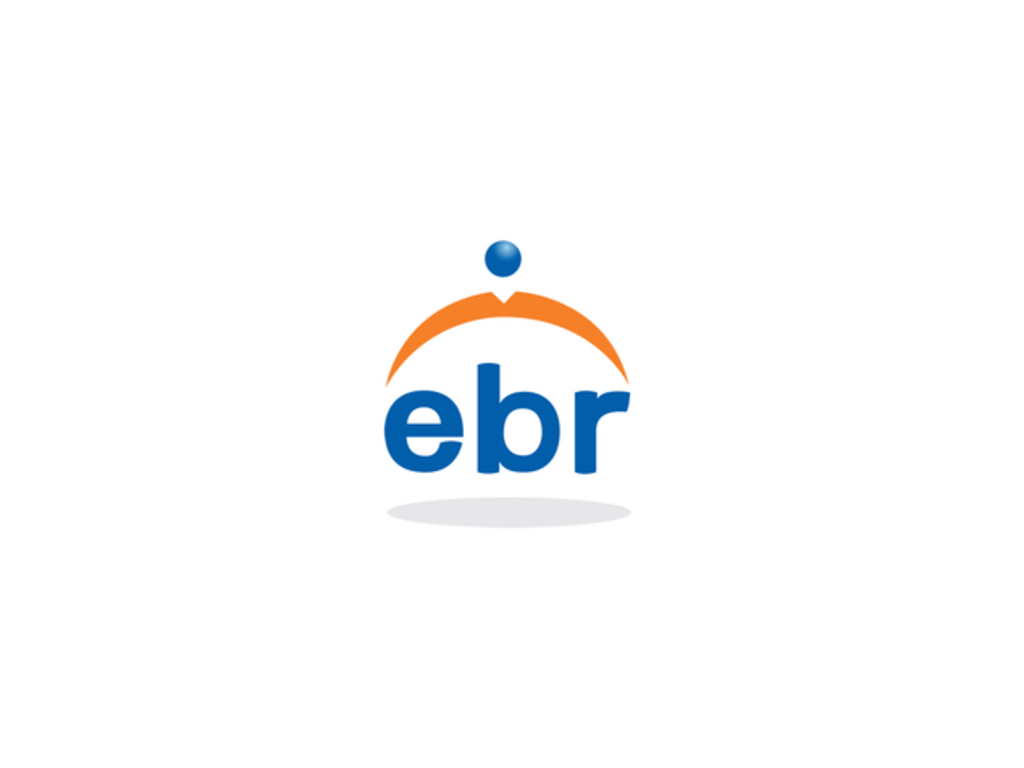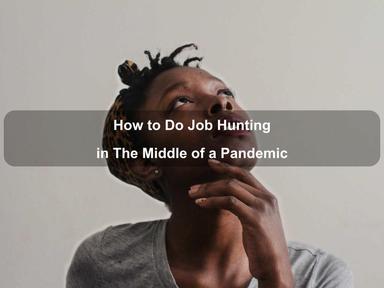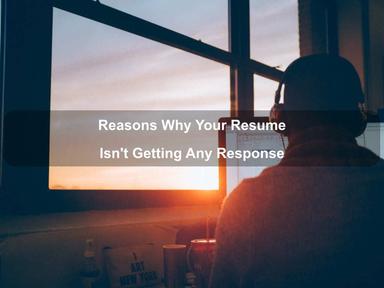published: 24 Dec 2020
5 min read | website: www.ebr.com.au
You can never predict with certainty what questions you'll be asked in a job interview, but some questions come up so reliably that you'd be missing a huge opportunity if you don't bother to prepare for them. Preparing will allow you to organize the substance of your answers more and you'll sound more polished. Here are some interview questions that are so common you'd be foolish not to prepare for them.
'Tell me something about yourself.'
This simply means 'give me a broad overview of who you are, professionally speaking, before we go deeper into specifics.', not a full personal history. Your interviewer is looking for an answer that's about one minute long and summarizes where you are in your career and what you're especially strong at, usually with an emphasis on your most recent job. Keep it focused on the professional you — most interviewers aren't asking to hear about your family or your hobbies.
'What interests you about this job?'
Your answer should focus on the substance of the job itself — the work you'd be doing day-to-day and the outcomes you'd be working toward. Interviewers want someone who's enthusiastic about doing whatever the person will be spending most of their time on. You can easily mess this one up if you focus on something that's a very small part of the position (thus indicating that you don't fully understand what the job is all about) or the benefits and salary.
'Tell me about your biggest strengths and weaknesses.'
Talk about what would make you really excel at the job. What sets you apart from others who might try to do the same work? But don't just make subjective pronouncements that the interviewer would need to take on faith (like, 'I'm great with people,' or, 'I'm very organized'). Instead, give an example or two that shows that's really the case. Talking about weaknesses can be trickier and requires some honest reflection beforehand: What have you genuinely struggled with at work? Or what have past managers encouraged you to work on? Build your answer around that, but also talk about what you've done to ameliorate the effect of that weakness on your work.
'What salary are you looking for?'
Of all the questions people dread in an interview, this one probably tops the list. But if you don't prepare for it ahead of time, you risk naming a number that's too low or otherwise saying something that can hurt your negotiating position later. The only way to nail this question is to do some research beforehand: Check salary websites, talk to recruiters or professional organizations in your industry. That should give you an idea of the market range for this type of job at your professional level and in your geographic region. Do your research beforehand so that you're confident about your answer and don't leave money on the table.

Are we missing something? Help us improve this article. Reach out to us.
















